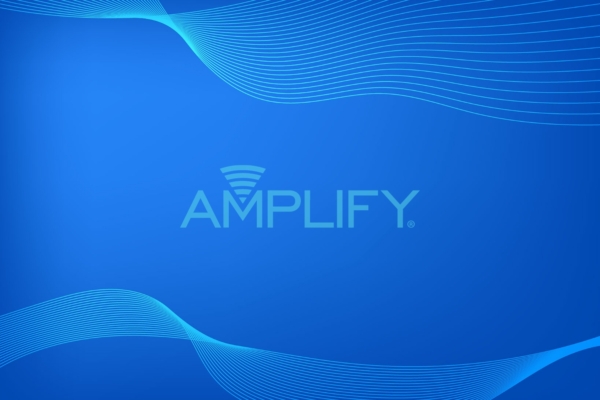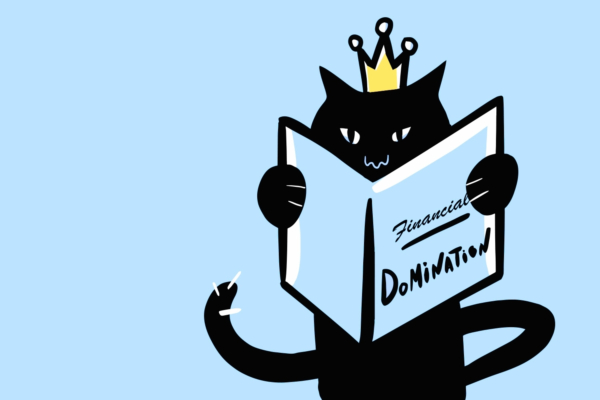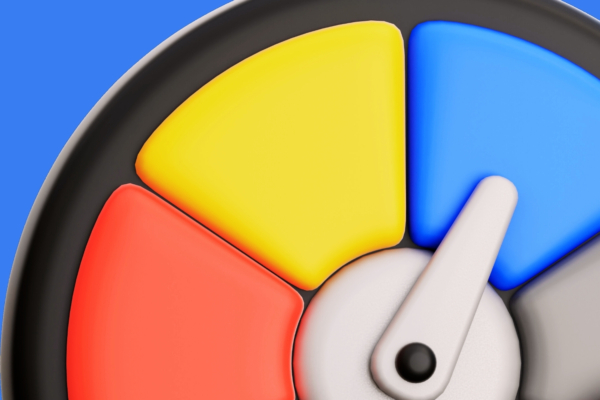
Unbanked and Underbanked: What’s the Difference?

A 2019 report by the Federal Reserve revealed around 22% of adults in the United States made all or some of their financial transactions outside of a mainstream banking system. Out of the 22%, 6% reported having no checking or savings accounts at all, using other services to meet their financial needs.
The buzzwords “unbanked” and “underbanked” have been gaining more and more attention in recent years. But what do those terms actually mean? Let’s break them down.
Unbanked and Underbanked: What It Means
Unbanked is a term used to describe those who use alternative financial services for all of their financial transactions. This means that they don’t have a checking or savings account at a traditional bank or credit union. The underbanked, on the other hand, may have a bank account, but still opt to use alternative means for some or most of their financial transactions.
“Alternative financial services” are services provided by companies that are not federally insured. These include services such as:
- Payday loans
- Rent-to-own agreements
- Check cashing services
- Pawn shop loans
- Refund anticipation loans
- Money orders
- Reloadable prepaid cards
For many, these services are easier to access— both physically and financially— than the banking system. And, even if these folks wanted to use a bank for their financial services, there are a lot of barriers to entry.
Why People Go Without a Bank
The decision to remain unbanked or underbanked is rooted in a list of obstacles, many of which are perpetuated by the banking industry itself.
Bank Fees
Bank fees can pose a huge obstacle to many Americans looking to keep their money safe in a bank account. It’s important to keep in mind that the majority of the unbanked and underbanked are classified as lower-income, according to the Federal Reserve report.
Even the most basic checking accounts often charge account holders set-up fees, maintenance fees, minimum balance charges, ATM fees, overdraft charges, and more. Many people simply don’t have the income or regular deposits needed to keep up with these fees on top of everyday living expenses. These charges are also often hidden in the fine print, and the lack of transparency can lead to further distrust in banks.
Minimum Balance Requirements
In addition to bank fees, many institutions require a minimum balance just to open and maintain an account. This can be a significant barrier for many without savings or regular income.
Past Financial Mistakes
Much like credit card companies, a bank can deny a person a checking account due to past financial mistakes. Instead of looking at a credit report, banks and credit unions look at a report compiled by ChexSystems, a debit bureau. Banks may refuse to offer you an account if you’ve had stumbles in the past like:
- Too many overdrafts
- An involuntary account closure
- Unpaid fees from a previous account
- Too many account applications in a short period of time
Lack of Trust
A significant portion of the unbanked and underbanked don’t utilize banking services simply due to a lack of trust in the industry. In fact, a 2017 FDIC report revealed that 30.2% of unbanked individuals said that they were unlikely to open a bank account due to a lack of trust. Lack of transparency and a lack of educational resources and initiatives contribute to this distrust among the unbanked and underbanked population.
Other Reasons
This is by no means an exhaustive list of why many Americans go without a bank account. Other common reasons why folks choose to forgo a bank include:
- Not having the required documentation or identification to open an account
- A lack of transportation to bank branches or ATMs
- Not having adequate access to the internet, which is often needed for things like online banking and account management
- Needing fast access to cash, rather than waiting for a check to clear
For many, the alternatives to banking can appear to be cheaper and more convenient. However, though the cost of banking can be high for many, the cost of relying on alternatives is often ultimately higher. Without access to a convenient way to make payments, many people struggle to pay their bills on time.
Finding a Bank That Works for You
If you are unbanked or underbanked and want to open a bank account that works for you, first identify what your main barriers are. Next, research financial institutions that offer solutions to that specific challenge.
For instance, if you’re worried that you don’t have enough money to open an account, look for banks or credit unions that have no minimum balance requirements. Certain organizations, such as Bank On, offer certifications to financial institutions that meet their standards, which include no minimum balance fees or requirements. Look for financial institutions that have no or low fees for their checking accounts.
If you’re barred from opening a bank account by ChexSystems, you can order your report here. Look for any errors; they are in most cases removable. Pay attention to the date on any legitimate negative marks; all reported items fall off automatically after five years. There are also some banks and credit unions that don’t use ChexSystems, and you may be able to open an account there.
Additionally, many local credit unions and banks offer special programs to ensure that members of their communities have access to the financial services that they need. Checking in with your local financial institution that places a heavy emphasis on community is always a great place to start.
The Bottom Line
If you’re unbanked or underbanked, you have legitimate reasons for using alternative financial services. Banks and credit unions are waking up to this fact, and many are changing to meet the needs of more people. It’s worth taking another look to see if there’s a financial institution out there for you!

